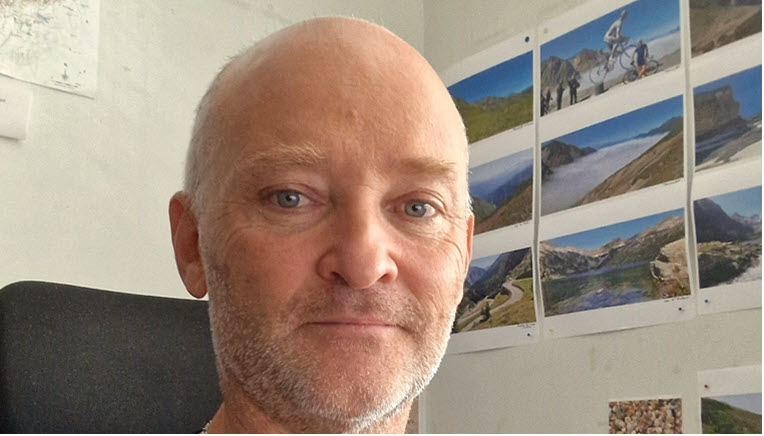People of ACM European Chapters - Emmanuel Dubois
September 10, 2024
Why did you decide to pursue a career in Human-Computer Interaction (HCI)?
My first contact with HCI was related to the design of a user interface (UI) for collecting medical data in a hospital’s patient file. Different stakeholders were supposed to use this tool. I realised how much the needs, abilities, roles, and conditions of use of each stakeholder influenced the way the UI should be designed and structured. Paying attention to the end user while developing an interactive system caught my interest and allowed me to be a computer scientist in close contact with the real world and users, and not just immersed in technical and software considerations. I did not know at the time, but “keeping the user in the loop” is what really brought me on board of this research topic.
What is unique about IRIT’s Interaction and Collective Intelligence Department?
The Interaction and Collective Intelligence Department brings together researchers from three main areas: Human Computer Interaction, Technology Enhanced Learning and Multi-Agent Systems. This means that we all deal with interactions, but the actors and contexts vary along two continua, ranging from digital agents to real end users, and from fully digital simulation contexts to purely natural contexts, such as schools. From an HCI point of view, this naturally exposes our contributions to a large number of situations and helps us to identify new challenges in different contexts. Overall, this is a source of great mutual stimulation for our respective research fields.
Will you tell us about some of the regular activities or upcoming plans for the ACM SIGCHI Toulouse Chapter?
The research activities in HCI in Toulouse are spread over several academic institutes and research laboratories. The main activity of the ACM SIGCHI Toulouse Chapter is, therefore, to inform the different groups about HCI-related seminars taking place in one of these institutions. The ACM SIGCHI Toulouse Chapter also started a one-day demo organised every year with the Master's students of HCI of Toulouse. During this day, the students publicly present a demo of the project they have been working on during the year. This project consists in designing an interactive system, using the different tools and methods they have been taught; on the backstage, they also have to defend their project in front of a jury.
Beyond academic HCI experts, many companies in the area of Toulouse are also involved in HCI through different application domains—industrial maintenance, architecture, health, aeronautics, etc. One goal for the ACM SIGCHI Toulouse Chapter's future would be to create a network of HCI practitioners (academic and business) to foster exciting collaboration in the field. This might mean organising a yearly event to share the topics of interest and maybe reveal opportunities for reinforcing and developing the collaboration among these multiple actors.
What is one example of a research area you are working on now that will be especially impactful in the coming years?
Currently, I am working in the Elipse research group of the ICI department on the design and evaluation of input interaction techniques for situated visualisation. I am exploring how to best combine and use mobile devices, head-mounted displays, and physical artefacts to facilitate the interaction with digital data close to their physical referent, or origin. This will be impactful in the coming years because it affects many areas such as accessing data from IOT devices at home, visualisation of personal sport data, energy monitoring at a campus level, crisis management, etc.

Emmanuel Dubois is a Professor of Computer Science at the University of Toulouse. He also leads the Interaction and Collective Intelligence Department (ICI) at the Computer Science Research Institute of Toulouse (IRIT).
His research is focused on advanced techniques to facilitate the interaction of large information spaces, such as smart buildings and smart cities. Dubois serves as the Vice Chair of the ACM SIGCHI Toulouse Chapter. The goal of the SIGCHI Toulouse chapter is to provide a means for all HCI researchers and practitioners of the Toulouse region to come together, discuss topics in the field and promote collaboration.